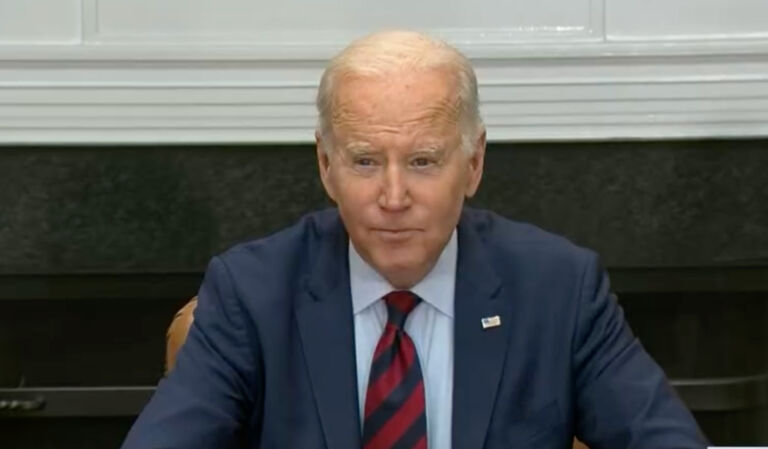Editors at the Washington Examiner take aim at the administrative state.
If you are having trouble keeping track of all the major regulations President Joe Biden has issued recently, you’re not alone. In just the past two weeks, the Biden administration has functionally banned all coal power plants, forced college women to accept men in their locker rooms and dorm rooms, and empowered government regulators to set price controls on internet services.
That is all on top of previous Biden regulations banning the sale of cars with combustion engines, banning the sale of new gas stoves, and making refrigerators far more expensive than they currently are. Biden is radically transforming the everyday life of every voter, and he is doing it all without a single vote from Congress.
That, at least, explains the rush.
As the Washington Examiner’s Jeremiah Poff noted last week, former President Donald Trump’s surprise win in 2016 enabled the Republican-controlled Congress to repeal more than a dozen Obama administration regulations that were promulgated in 2016. Under the Congressional Review Act, passed as part of the Small Business Regulatory Enforcement Fairness Act of 1996, Congress may repeal a new executive branch regulation if it passes a joint resolution of disapproval within 60 days of that rule being finalized.
Critically, these joint resolutions of disapproval cannot be filibustered in the Senate, and only legislative days are counted. Additionally, if a regulation is passed with fewer than 60 legislative days left on the congressional calendar, then the next Congress gets a brand new 60-legislative-day window to pass joint resolutions of disapproval, which must be signed by the president.
Since the Obama administration was confident Trump would lose in 2016, it ignored the closing 60-day window and issued major regulations right up through Election Day. The Biden administration, clearly not as confident as former President Barack Obama was of Trump’s defeat, is doing its best to issue as many new regulations as possible now to escape Congressional Review Act accountability.


